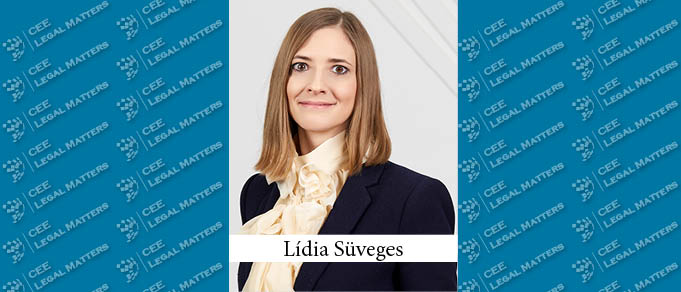On 19 July 2023, the Constitutional Court established that certain provisions of the act on public construction investments are unconstitutional, therefore it cannot enter into force as planned on 1 August 2023.
The bill was published on the website of the Ministry of Construction and Transport in January 2023 for public consultation. Although the bill was quickly adopted by the Hungarian Parliament and was signed by the chairman of the Parliament, the President of Hungary lodged a constitutional veto, which led the Constitutional Court to state that the petition was well-founded.
The act would have been applicable to those construction projects which are financed at least 50% from the Hungarian central budget sources or EU budget funds. The justification of the bill states that it aims to increase the efficiency of the implementation of public works, to provide adequate legal, professional and budgetary guarantees for the persons involved in public works in order to ensure the predictability of these legal relations and to strengthen and unify the public organisation involved in the implementation of public works.
The act laid down detailed and comprehensive rules on the public works investment regime, some of which are also set out as cardinal provisions (in Hungarian: “sarkalatos rendelkezes”), the modification of which is only possible by the votes of the two-thirds of the present members of the Parliament. However, the bill allowed for derogations from its own rules in the provisions at issue, even by ministerial decree. The Constitutional Court stated in its resolution that such a quasi-blanket authorisation, which potentially overrides the exclusive legislative powers of Parliament, is contrary to the Fundamental Law. In addition, the Constitutional Court established that the legislation which is contrary to the legal institution of cardinality, gives scope to amend the content of the cardinal law by a lower source of law and potentially erodes its content is unconstitutional.
Since the Constitutional Court found that the act is contrary to the Fundamental Law, the Parliament is obliged to renegotiate the act. The necessary amendments can only be adopted by the Parliament in the 2023 autumn session expectedly.
By Lidia Suveges, Attorney at law, KCG Partners Law Firm



